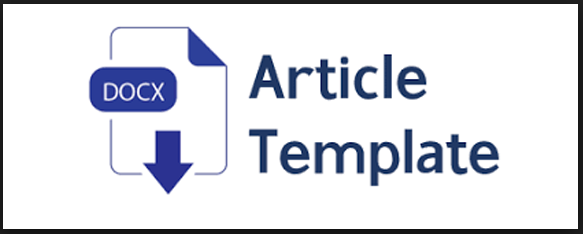Peer Review Process
At the International Multidisciplinary Journal (IMUN), we uphold the highest standards of academic integrity and rigor through a robust peer review process. Our peer review system is designed to ensure the quality and credibility of published research across a diverse range of disciplines. The following outlines the key steps involved in our peer review process:
-
Submission and Initial Assessment:
- Authors submit their manuscripts through our online submission system, adhering to the journal's submission guidelines and formatting requirements.
- Upon submission, manuscripts undergo an initial assessment by the editorial team to ensure they meet the journal's scope and formatting standards.
-
Editorial Screening:
- Submissions passing the initial assessment proceed to editorial screening, where the Editor-in-Chief or Associate Editors evaluate the manuscript's suitability for peer review.
- Manuscripts deemed suitable for peer review are assigned to handling editors with expertise in the relevant field.
-
Peer Review Assignment:
- Handling editors identify qualified reviewers with expertise matching the subject matter of the manuscript.
- Reviewers are selected based on their academic credentials, research experience, and absence of conflicts of interest with the authors.
-
Double-Blind Peer Review:
- IMUN employs a double-blind peer review process, ensuring anonymity for both authors and reviewers.
- Reviewers assess the manuscript's originality, significance, methodology, clarity, and adherence to ethical standards without knowledge of the authors' identities.
- Authors are also blinded to the identities of the reviewers evaluating their work.
-
Peer Review Evaluation:
- Reviewers critically evaluate the manuscript, providing constructive feedback, suggestions for improvement, and an overall recommendation regarding its suitability for publication.
- Reviewers may recommend acceptance, revision, or rejection based on the quality and merit of the manuscript.
-
Editorial Decision:
- Following the completion of peer review, handling editors consider the reviewers' feedback and make a decision regarding the manuscript.
- Editorial decisions may include acceptance, minor or major revisions, or rejection.
- Authors receive detailed feedback and guidance from the handling editor to address reviewers' comments and improve the manuscript if revisions are required.
-
Final Decision and Publication:
- Upon successful revision and approval by the handling editor, manuscripts are accepted for publication.
- Accepted manuscripts undergo final editing and formatting before being published online in the upcoming issue of IMUN.
Through our rigorous peer review process, IMUN ensures the integrity, quality, and relevance of published research, fostering academic excellence and contributing to the advancement of knowledge across multidisciplinary fields. We are committed to promoting transparency, fairness, and scholarly collaboration in the evaluation and dissemination of research findings.


